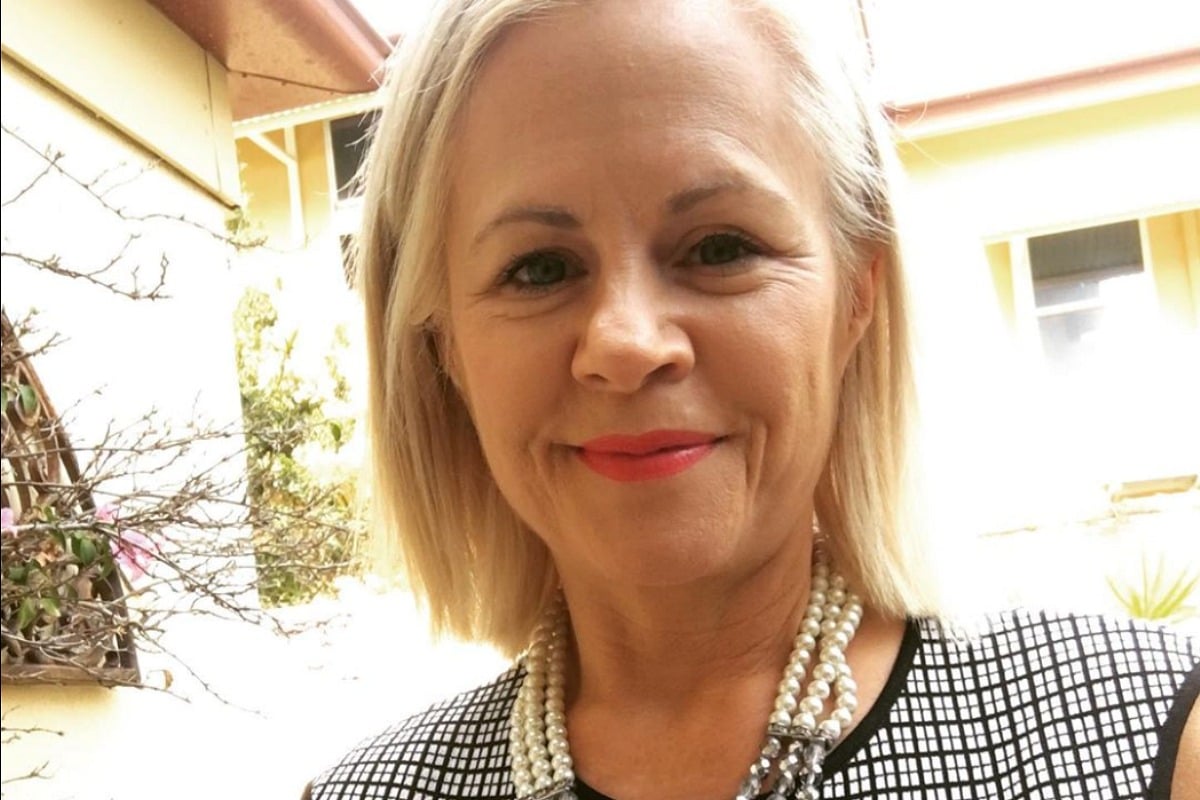
“When I grow up I’m going to be an essential worker,” said my son with such profoundness that it stopped me in my tracks.
For a long time, he has said that he wants to be a chef when he is a grown-up. Ironic coming from a small person who largely avoids new foods at dinner time but also accurate given he thinks I am his short-order cook.
Watch: How you’re homeschooling your kids, according to your star sign.
Our parenting is of the ‘turn the news off when he’s in the room’ sentiment.
We reason that for as long as we can protect him from Donald Trump and all of the other frightful things on television then we will do so. He knows about the virus and we often check in with him to see if he has any questions or if there is anything on his mind about it.
He understands it is because of the “sickness” he has not been allowed to go to school and it is why I am bathing him in hand sanitiser. He is counting the weeks to his birthday and calculates the probability of restrictions being eased so that he can have a ninja-themed birthday party.
Ninjas, you see, cannot get the virus.
But how ‘essential worker’ came to his vocabulary is a mystery and so this sage declaration was a surprise.
Though it should be said that it did come out of the mouth of a recruiter’s son.